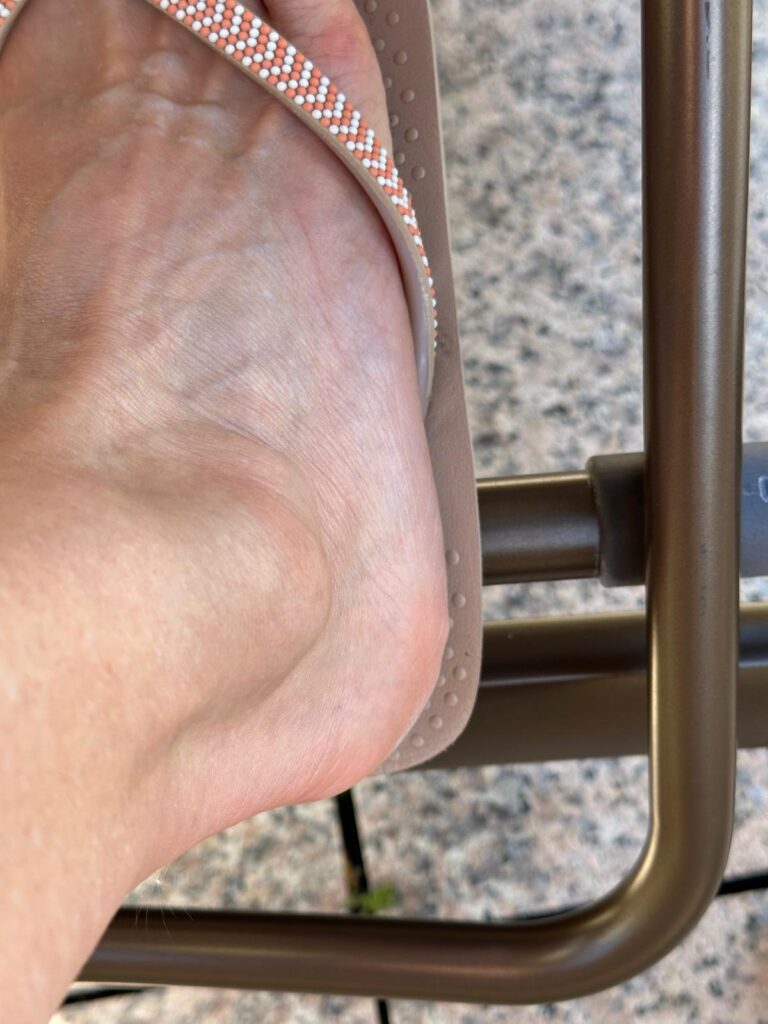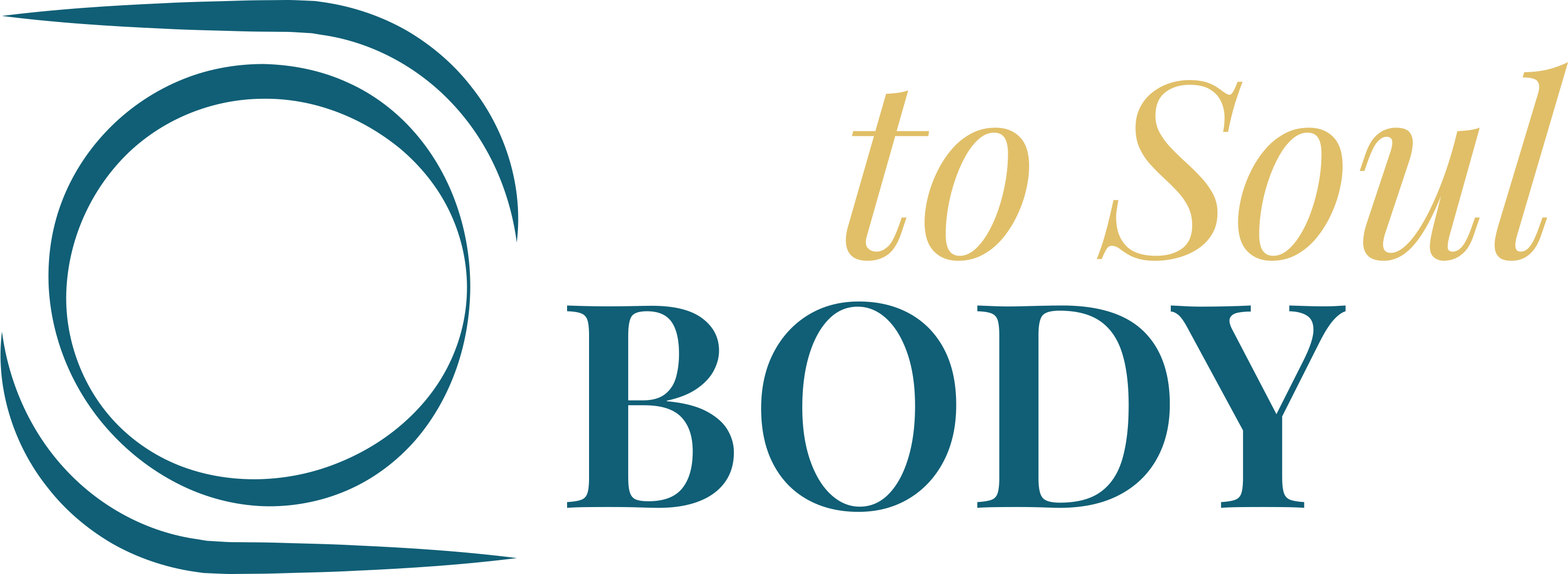What if the same question applied to how you treat your own body?
Personally, I’m not a big fan of conversations where what I have to say isn’t heard.
Not out of ego, but because I love collaboration — real, productive exchanges where every voice matters.
Let’s be honest: if we want to create, grow, and move projects forward, we need open dynamics where everyone feels heard.
Now, what if your body was that “other,” in constant dialogue with your mind?
Would you say it’s a fair exchange?
Who does most of the talking?
And who gets ignored most of the time?
The truth is, your mind ignores your body most of the time — and that’s a big problem. When the body isn’t heard, it won’t stay quiet. It speaks louder through pain, tension, and symptoms. Like a kid throwing a tantrum because you’ve been glued to your phone for too long.
So even if your body’s message isn’t exactly what you want to hear, it almost always carries meaning. In other words, it deserves your attention and your respect.
The subtle ways we abuse our body daily
Why is it so hard for us to respect the body’s warning signals?
From my work with clients over more than twenty years, the main reason is simple: we were never really taught how to build a deep, trusting relationship with our body.
Out of habit, fear, laziness — or some mix of all three — we stay far more disconnected than connected to it, especially when it frustrates us with sudden alerts.
The problem is, this isn’t just about crossed limits or ignored fatigue. It’s often a deeply ingrained way of functioning, fueled by a culture polarized between the fear of not doing enough and exaggerated performance demands. The paradox? Even contexts that are meant to be healthy and fulfilling can turn harmful.
So what if we paused… and really took the time to feel?
When Your Body Speaks — But You Don’t Listen
What happens when we finally feel heard? Relief, joy, hope… almost like growing wings to fly.
That’s exactly what happens when we listen to our body. Listening brings relief — a softness in the body, a fluidity in movement — and it opens up a whole world of new possibilities.
With my clients, especially those who fear or reject their symptoms, I invite them to see things differently: not as enemies, but as trusted allies. Allies that are trying to help them look at their situation from another angle. An angle that can transform far more than they might imagine at first.
And I’m not just talking about my clients. I, too, sometimes ignore the whispers of my body… until they get so insistent I can’t keep ignoring them!

Facing the Signals of My Own Body

I learned this the hard way last weekend in the mountains. The view was breathtaking — but my body was exhausted. Instead of listening to the signs of fatigue, I pushed on… and ended up spraining my ankle.
I didn’t chalk it up to bad luck. I don’t believe in that. Instead, I recognized the link between the accident and my state: tired, disconnected, ignoring my limits. By accepting that truth, I was able to meet my body with respect instead of frustration.
And that’s what changed the whole healing process: it was quicker, and without pain. Not just because I was forced to rest, but because I chose to give my body respectful attention.
The Takeaway: Honor Your Body as a True Partner
This experience reminded me of something essential: organic performance, health, even healing don’t come from control — they come from listening.
When we take the body’s signals seriously — even the ones that disrupt our plans — we step into a different kind of relationship with it. The body is no longer an obstacle to overcome, but a partner that guides us.
Ignoring my limits led me to injury. But recognizing what was happening beneath the surface allowed me to transform that setback into a stepping stone. The body knows what it needs to find balance again — we just have to give it the space.
A Final Reflection
Between mountains, rest, and awareness, I came back to a simple truth: just like in any relationship, nothing can truly thrive when one side isn’t being heard.
The body has its own voice. It whispers — and sometimes shouts — what it needs to say. The more sincerely we listen, the more it opens the door to fluidity, joy, and freedom of movement.
So remember: every relationship begins with listening — even the one you have with your body.
In other articles, I explore the many ways this conversation can transform our performance and well-being.

